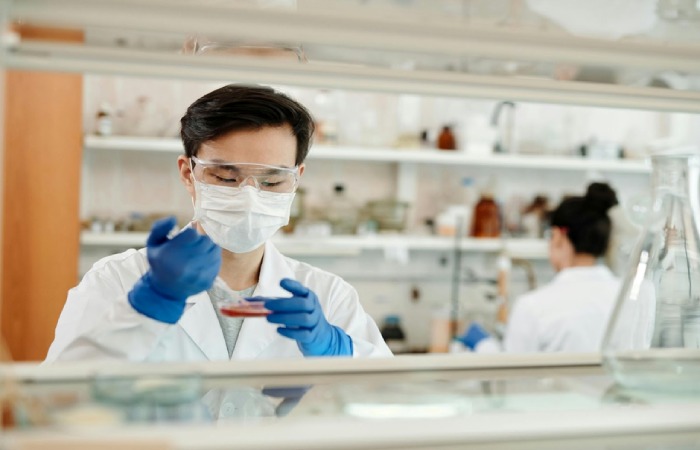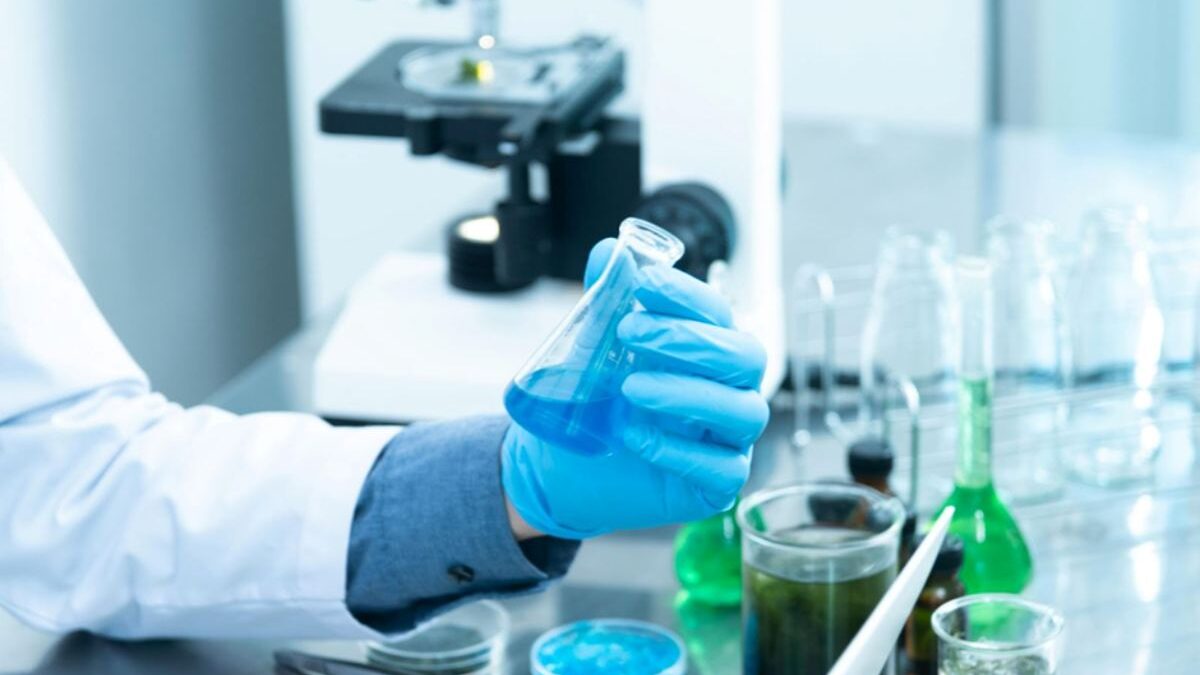Personalized medicine is all about customizing healthcare to fit the individual—think treatments designed around your unique genes, lifestyle, and surroundings. It’s a far cry from the old-school, one-size-fits-all approach of traditional medicine. Instead, this method zeroes in on what works best for each person, boosting the odds of a treatment hitting the mark. Thanks to breakthroughs in genetics, molecular biology, and cutting-edge tech, personalized medicine isn’t just a futuristic dream anymore—it’s becoming a practical option for all kinds of medical fields.
Biotechnology is the real MVP here, driving this shift toward individualized care. It’s a broad field, full of tools and tricks that tweak living systems to create new solutions. From decoding your DNA to crafting pinpoint therapies and even editing genes, biotech is paving the way for healthcare that’s truly personal. Let’s dive into how this works, what it offers, and the hurdles it still faces.
Table of Contents
Understanding Personalized Medicine
At its core, personalized medicine uses your genetic blueprint, daily habits, and environment to shape medical decisions. Doctors tap into this info to pick treatments, drugs, or prevention plans that suit you best. Take genetic testing, for instance—it can reveal how your body handles certain meds, steering clear of ones that might flop or trigger nasty side effects. It’s also a game-changer for catching diseases early, when they’re easier to tackle, giving patients a better shot at recovery.
Unlike the traditional setup, where treatments are based on what works for most people, this approach zooms in on what makes your case unique. It’s especially huge in cancer care, where a tumor’s genetic profile can point doctors to the perfect therapy. By spotting specific markers or mutations tied to an illness, they can choose options that promise better results with less collateral damage.
The Role of Biotechnology in Personalized Medicine
Biotech is the engine making all this possible. One standout tool is genomic sequencing, which maps out your DNA like a personal instruction manual. With today’s tech, doctors can spot genetic glitches that might signal trouble down the road, opening the door to early action or prevention. Precision medicine takes those insights and tailors drug plans to match, ensuring you’re not just getting a generic fix but one that fits your biology.
Then there’s the world of biopharmaceuticals and targeted therapies, where biotech really shines. Creating therapeutic proteins or monoclonal antibodies—key players in personalized treatments—relies on something called cell line development. Cell line development companies are now developing automation systems to make this process smoother and more reliable. The result? Stable cell lines that churn out custom biologics for conditions like cancer or autoimmune disorders. These therapies hit their targets with precision, cutting down on side effects compared to the old-school drugs we’re used to.
Benefits of Personalized Medicine
The payoff of personalized medicine is pretty clear: treatments that actually work. By matching therapies to your genetic makeup, doctors can skip the guesswork and go straight for what’s likely to help. In traditional medicine, you might cycle through a few options before landing on the right one. Here, you start with the best bet, which means faster relief and better odds.
Another perk? Fewer side effects. Standard drugs can come with a laundry list of downsides, especially if they don’t work on your body. Personalized options, though, are built to play nice with your system. A quick genetic test might show how you metabolize a drug, letting doctors pick something safer and easier to handle. That’s not just good for your well-being—it can save money over time, too.
Challenges and Ethical Considerations
But it’s not all smooth sailing. Personalized medicine can be pricey—think genomic sequencing or gene editing, which don’t come cheap. Insurance doesn’t always cover these, and in places with strapped healthcare systems, the tech and know-how might be out of reach. Making personalized treatments affordable and available to everyone is a big challenge that’s still on the table.
There’s an ethical side to deal with, too. Your genetic data is sensitive—who gets to see it, and how do they keep it safe? As more people get tested, the risk of leaks or misuse creeps up. And then there’s gene editing, with technologies like CRISPR. It’s exciting. Fixing genetic diseases sounds incredible but it also stirs up worries about long-term effects or the idea of “designer babies.” As this field grows, balancing the upsides with these tough questions will be key to keeping it fair and responsible.

Conclusion
Personalized medicine, fueled by biotechnology, is shaking up healthcare in a big way. By zooming in on your genetic and molecular makeup, it’s making treatments sharper and kinder on the body. But to really deliver on its promise, we’ve got to tackle the costs, widen access, and sort out the ethical knots. If we get it right, this could be a game-changer for how we all experience care.

